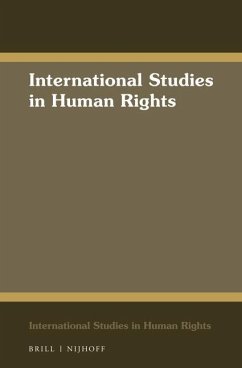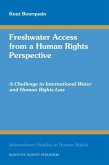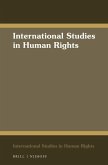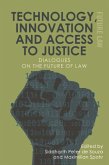The tension between national security and freedom of expression and information is both acute and multifaceted. Without national security, basic human rights are always at risk. On the other hand, the tendency of governing elites to confuse `the life of the nation' with their own survival has often resulted in excessive restrictions on expression and information, as well as other fundamental rights. A proper balance between secrecy and liberty requires a vigilant press and an independent judiciary. It also requires greater clarity than currently exists as to how competing rights and interests should be weighed. This book addresses that gap. Its centerpiece is a set of Principles drafted by a group of international and national law experts, many of whom contributed chapters, to guide governments, courts and international bodies in how to strike a proper balance. The Principles have been widely endorsed, among others by United Nations experts on freedom of expression and independence of judges and lawyers. Sixteen country studies - profiling, among other states, Albania, Chile, China, Egypt, France, Germany, India, Israel, Japan, Norway, South Africa, South Korea, Turkey, the United Kingdom, the United States, and the Federal Republic of Yugoslavia - explore the tremendous diversity of national security doctrines and the penal and other measures aimed at suppressing allegedly secret information and speech claimed to be subversive, separatist or otherwise dangerous. Five chapters examine the cases considered and approaches taken by the UN Human Rights Committee, three regional human rights bodies, and the European Court of Justice. A Commentary draws on the other chapters to support and elucidate the Principles, noting where they reflect an existing consensus and the points at which they attempt to elicit a more rights-protective approach.
Hinweis: Dieser Artikel kann nur an eine deutsche Lieferadresse ausgeliefert werden.
Hinweis: Dieser Artikel kann nur an eine deutsche Lieferadresse ausgeliefert werden.








